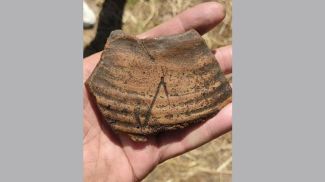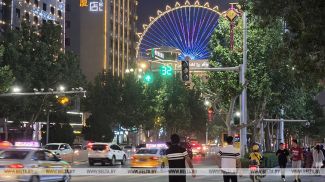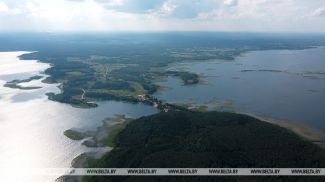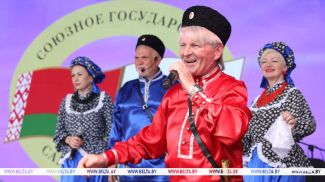MINSK, 12 April (BelTA) – Concentration camps are among the most painful themes in Belarus' history, Ph.D. in History Vadim Gigin, Dean of the Philosophy and Social Sciences Faculty of Belarusian State University, told BelTA.
“The topic of concentration camps is one of the most painful for the Belarusian historical memory, since there were several hundred places of mass extermination in Belarus during the Second World War. Trostenets, one of Europe's largest death camps, was located in Belarus. It was not the only one in our country. It is sometimes forgotten that in 1934 the then Polish authorities set up one of Europe's first concentration camps in Bereza-Kartuska in Belarus. It was the so-called isolation camp for political opponents of the Second Polish Republic. It was a camp where they used torture and humiliation to suppress people, to force them to give up their political convictions,” Vadim Gigin said.
According to him, all this makes the topic of concentration camps very sensitive to Belarusians. “Of course, we all need to do everything possible to keep the memory of people who suffered for their beliefs. They often had to go through this suffering simply because they were born Belarusians, Jews, Ukrainians, Russians, they were abused and martyred in these camps,” the expert noted.
Vadim Gigin emphasized: if genocide is committed against a nation, you need to talk about it as openly as possible, remember it and educate the next generation about it by all possible means - otherwise it will happen again. “I am sure that no one would like to see the horror that our ancestors experienced in those terrible 1920s-1930s-1940s. Therefore, it is necessary to study, to memorialize these places as much as possible, to hold memorial events there, to go on excursions. Of course, this is not the most pleasant topic. You see shock in the eyes of people who visited Trostenets, Auschwitz, Treblinka, who saw with their own eyes what was left of those death camps. This shapes the way you see the world, it makes you reject the evil,” he concluded.













